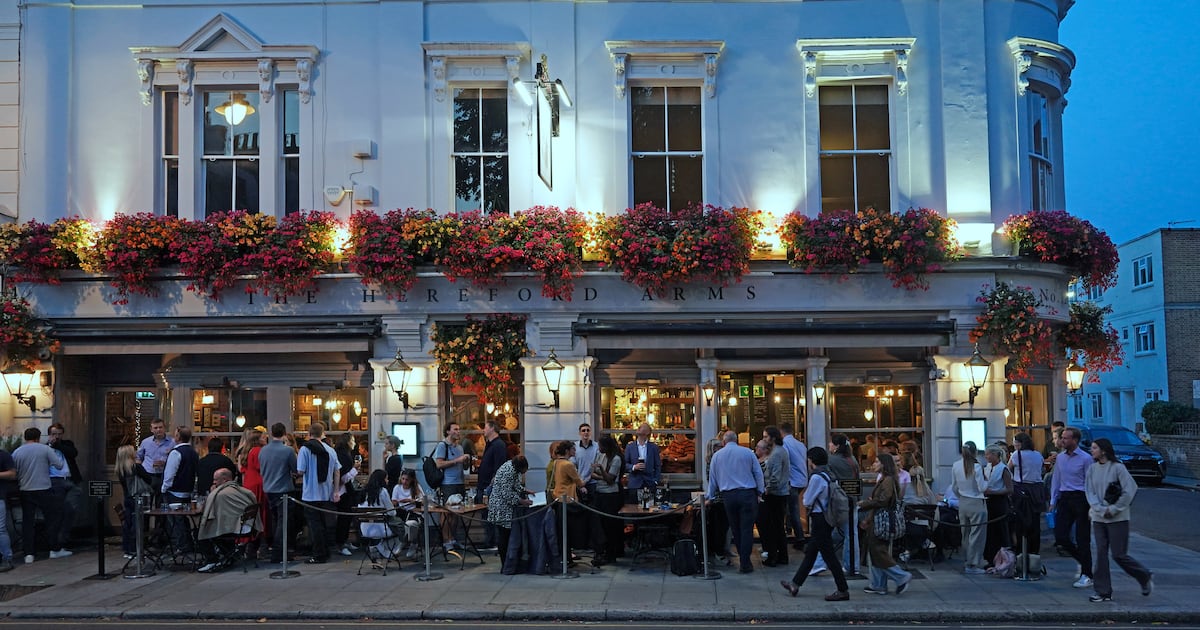Agents are reporting more activity in the market with freeholds at around £500,000 and leaseholds driving much of the transactions.
The news comes at a time when the sector has been facing a number of challenges from increased costs to the cost-of-living crisis.
While trading was reported as strong in the aftermath of Covid by 2023 and 2024, the industry took a hit with uncertainty and challenges of increased costs and the cost-of-living crisis meaning a more subdued market.
However, property agents are reporting a return to activity in 2025.
Quality leasehold
Paul Davey, managing director of Davey Co, says the market is more active this year versus the past couple of years.
He highlighted the independent multiple-site operator market is very active but quality is a key requirement and in terms of location whether market towns, villages, suburban/community or destination venues.
“Good-quality leasehold opportunities are favoured over freehold acquisitions, particularly those with freehold purchase options. Primarily because they are less capital hungry than outright freehold purchases and the operator can ramp the business up over time in order to snap up the freehold,” he said.
“Many freehold sellers like this option too, they are achieving premiums of around £50,000 to up to £200,000, drawing a rent during the lease, then get to sell the asset further down the line. However, for sellers, selection and qualification of the calibre and competency of the prospective lessee is vital, but the right buyers are certainly there.”
Davey said freeholds are selling primarily up to and in the £500,000 mark. However, the band from £750,000 to £1m mark is also trading well, providing the business is trading strongly and with £800,000 to £1,000,000 plus net sales a year.
Simon Chaplin, senior director – Pubs, Restaurants & Franchising at Christie & Co – agrees there are been more movement in the market this year.
He says the leasehold pub model is proving popular whether tied or not, especially if they trading at 60% food. The tie does not seem to be an issue on these pubs, which offer lower entry into the market, as many can be negotiated especially on wine, spirits and minerals, he argues.
Access to finance
One challenge facing the market is access to finance, especially for smaller independent operators unless they have collateral and experience.
“Leaseholds are a good avenue because banks are still reluctant to lend to pubs. They see the word ‘pub’ and they run,” he said.
He added that despite the challenging market for pub operators they are not seeing a raft of disposals hit the market. While independent operators remain under pressure they are able to adjust their business model moving to shorter hours and different types of trading.
But he highlights that some multiple operators, while running good businesses, are struggling with debt after borrowing when it was cheap to do so.
And for some pubcos, the solution to trading pressures has been to transfer managed operations into tenanted. For a managed pub to work, it needs to be trading at £30,000 a week, he revealed.
Christie has sold around 50 closed pubs this year with 80% of them staying as hospitality businesses and only 20% for alternative use.
Despite the headlines about the challenges facing pubs, Chaplin said there are buyers in the market.
“The majority of our buyers are people who have already got a licensed premises. But the very fact is that they can see opportunity,” he said.
“We are selling more, we are seeing more coming to the market, and that starts the ball rolling. We’re getting multiple bids for pubs, if they’re priced right.”
Meanwhile, Tom Nichols managing director of Everard Cole agrees the market is definitely more active this year with an increasing number of transactions taking place.
He is seeing a lot of pubs being sold off-market.
“There are a lot of transactions being done off-market. No one wants to really put an operating business on the market and lose staff. Staff are absolutely critical,” he said.
He is also seeing freeholds under £500,000 hold up well in the current market with the leasehold market being less buoyant.
He agrees independent operators and individuals are finding it challenging with bank lending to purchase pubs.
“That’s partly because funding and finance is so difficult with so many obstacles now and the high street banks almost close the doors. Cash remains king,” he said.
